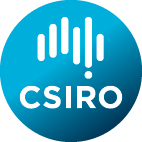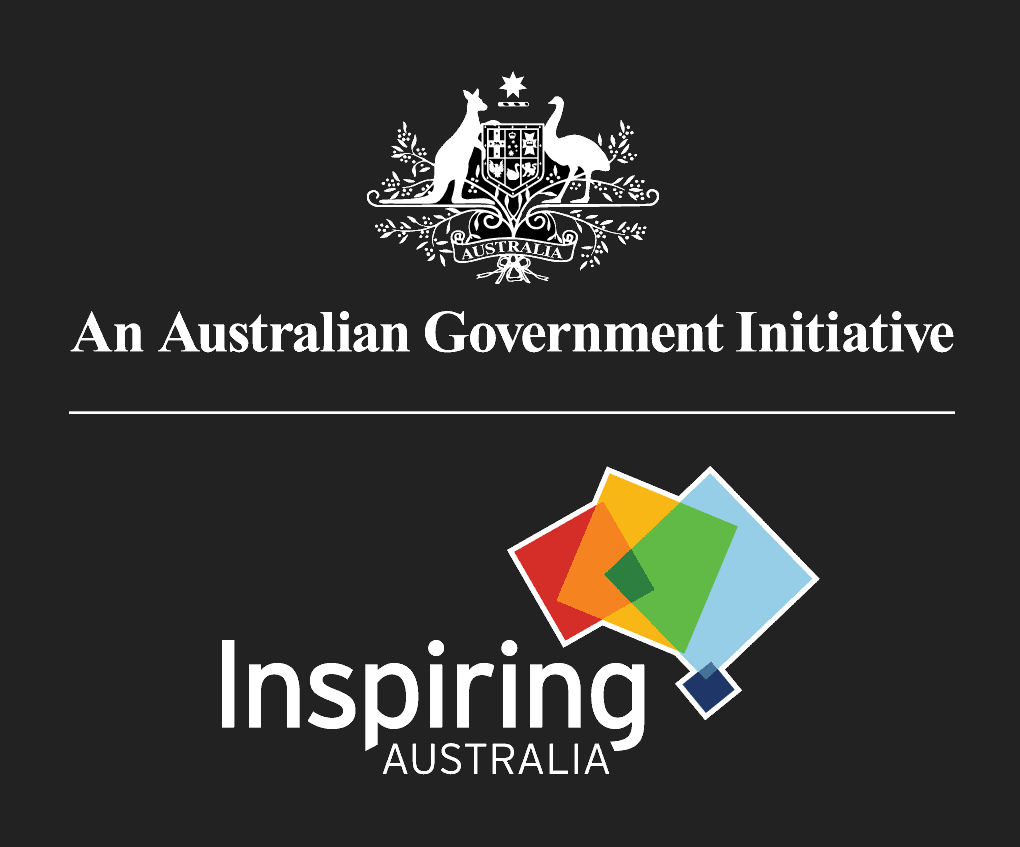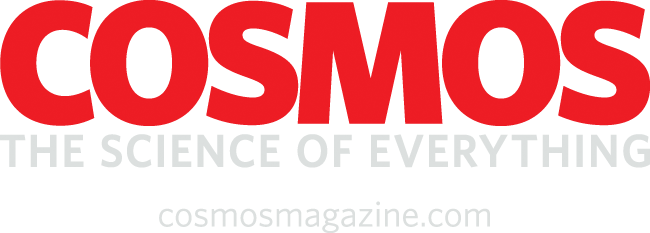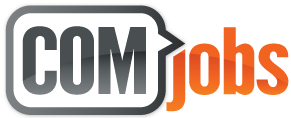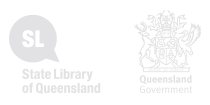Conference Schedule
There are a number of limited capacity events running during the conference, see the Special Events page for more info.
NOW AVAILABLE: …….. ASC Pocket Program at 30 Jan …….. Program at a glance at 23 Jan 2014 (PDF) …….. Session Details now online!
If you have a specific program question please contact program.committee /at/ asc.asn.au
Quick Links
- Feb 2 (Sunday)
- Feb 3 (Monday)
- Feb 4 (Tuesday)
- Feb 5 (Wednesday)
- Feb 6 (Thursday)
- Sunday Program, Feb 2
- Monday Program with session detail, Feb 3
- Tuesday Program with session detail, Feb 4
- Wednesday Program with session detail, Feb 5
- Thursday Program, Feb 6
- ASC2014 Full Conference Program, Feb 2 to 6, 2014
- Speaker Index, Feb 2 to 6, 2014
Day 1: Sunday 2 February 2014
10am: Community Storytelling Series Part 1 #S1
Telling stories with images using smart phones and tablets. A free 3 hour afternoon workshop for delegates facilitated by Susan Rooney-Harding and hosted by The Edge. Places are limited to the first 40 RSVPs.
3pm: The Storytelling of Science: a triple anniversary celebration #S2
We invite you to join us for this special public event to celebrate Australian science and science storytelling. Featuring: Prof Tim Flannery, Chair of the Climate Council; Proj Jenny Graves, Australian Academy of Science Secretary for Education and Public Awareness; and Lynne Malcolm, ABC Science.
Book these special Sunday events through the registration portal.
Day 2: Monday 3 February 2014
Day 3: Tuesday 4 February 2014
Day 4: Wednesday 5th February 2014
Day 5: Thursday 6th February 2014
Part 3 of the Community Storytelling series continues on Thursday 6th February. #TH1
This one day post-conference workshop [9:30am – 5:30pm including a 1hr break] costs: $150. Note: “The art and practice of story capturing” on Wednesday is a pre-requisite for this course. Hosted by The Edge [limited to the first 20 RSVPs].
Tour of QIMR Berghofer Medical Research Institute
ASC2014 conference delegates have an opportunity to go on a private tour of the QIMR Berghofer facilities. See here for more details.
Venue: QIMR Beghofer Medical Research Institute 300 Herston Rd, Brisbane QLD 4006 (map = http://goo.gl/maps/vhMbn )
Time: 12:30pm tour starts. Meet at 12:20pm at the reception <check reception>
Limits: Tour numbers are capped at 30 people maximum.
RSVP: Please RSVP as soon as possible by emailing enquiries@qimrberghofer.edu.au or phoning 07 3362 0397
Lost Creatures events at Queensland Museum including:
Thursday 6 February, 6:30pm Lost Creatures: Big Questions Series: Join Paul Barclay of ABC’s Big Ideas in the first discussion when a team of scientific experts answer your questions and debate bringing back creatures using Ancient DNA….
ASC2014 delegates are also invited to visit the Lost Creatures exhibition (free entry).
More information
Please direct questions about the program to program.committee@asc.asn.au.

